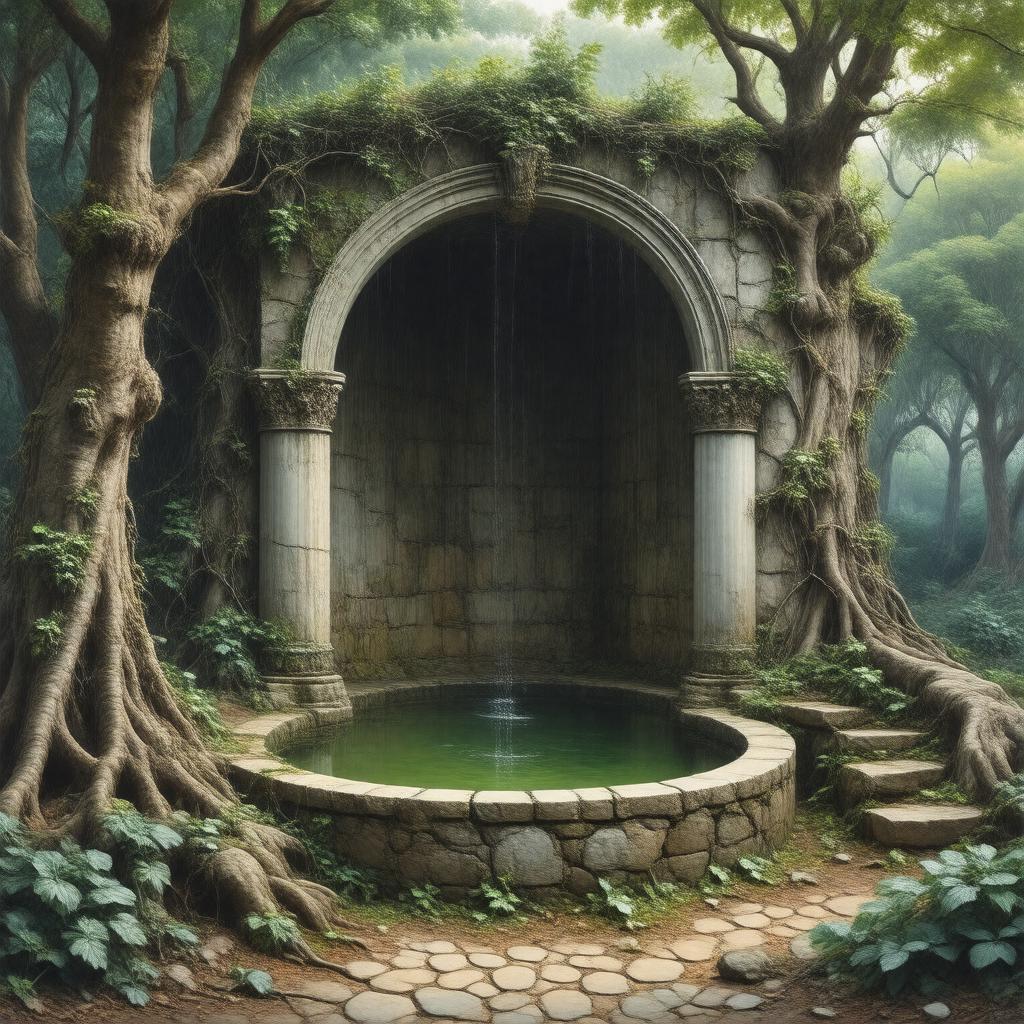
AI-created image
Statements (19)
| Predicate | Object |
|---|---|
| gptkbp:instanceOf |
gptkb:novel
|
| gptkbp:author |
gptkb:William_Morris
|
| gptkbp:countryOfOrigin |
gptkb:United_Kingdom
|
| gptkbp:genre |
fantasy
|
| gptkbp:illustrator |
gptkb:Edward_Burne-Jones
|
| gptkbp:influenced |
gptkb:J._R._R._Tolkien
gptkb:C._S._Lewis |
| gptkbp:language |
English
|
| gptkbp:mainCharacter |
gptkb:Ralph_of_Upmeads
|
| gptkbp:mediaType |
gptkb:print
|
| gptkbp:notableFor |
early example of high fantasy
quest narrative |
| gptkbp:numberOfVolumes |
2
|
| gptkbp:publicationYear |
1896
|
| gptkbp:publisher |
gptkb:Longmans,_Green,_and_Co.
|
| gptkbp:setting |
imaginary medieval world
|
| gptkbp:bfsParent |
gptkb:William_Morris
|
| gptkbp:bfsLayer |
4
|
| http://www.w3.org/2000/01/rdf-schema#label |
The Well at the World's End
|